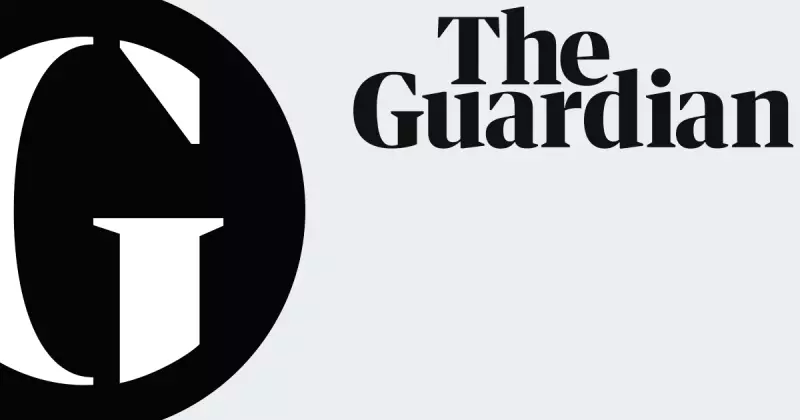
Britain's centuries-old two-party political system is undergoing an unprecedented collapse, according to one of the country's most respected polling experts. Sir John Curtice has revealed startling data showing both the Conservative and Labour parties are haemorrhaging support to smaller political movements.
The Great Fragmentation: How Westminster Lost Its Grip
In a dramatic assessment of the current political climate, Curtice explains that the traditional centre of British politics can no longer hold. "We're witnessing the fragmentation of the political landscape on a scale we haven't seen in modern political history," the renowned professor states.
The data shows voters are increasingly abandoning their traditional tribal loyalties, creating opportunities for parties like the Liberal Democrats, Reform UK, Green Party, and nationalist movements in Scotland and Wales.
What's Driving Voters Away From Mainstream Parties?
Curtice identifies several key factors behind this seismic shift:
- Brexit aftermath: The 2016 referendum created new political dividing lines that cut across traditional party boundaries
- Regional divisions: Growing support for devolved governments and regional representation
- Policy convergence: Many voters struggle to distinguish between major parties on key issues
- Changing demographics: Younger voters show less attachment to traditional party identities
The Numbers Don't Lie: Shocking Polling Evidence
Recent polling data reveals the true extent of the crisis facing Britain's political establishment. Both major parties are consistently polling at historically low levels of support, with significant portions of their traditional voter bases now considering alternatives.
"The era where 80-90% of voters supported either Conservatives or Labour is well and truly over," Curtice emphasises. "We're now in a multi-party system whether our political institutions like it or not."
What This Means for Future Elections
The collapse of two-party dominance has profound implications for how Britain is governed:
- Coalition governments could become the norm rather than the exception
- Policy-making will require broader consensus across party lines
- Constituency battles will become more complex with multiple parties competing
- Voter engagement patterns are changing dramatically
Curtice concludes that British politics is undergoing its most significant transformation since the extension of the franchise. "The old certainties are gone," he says. "The centre cannot hold because the centre, as we knew it, no longer exists."
This political revolution raises fundamental questions about how Britain will be governed in the coming decades and whether Westminster's institutions can adapt to this new reality.





